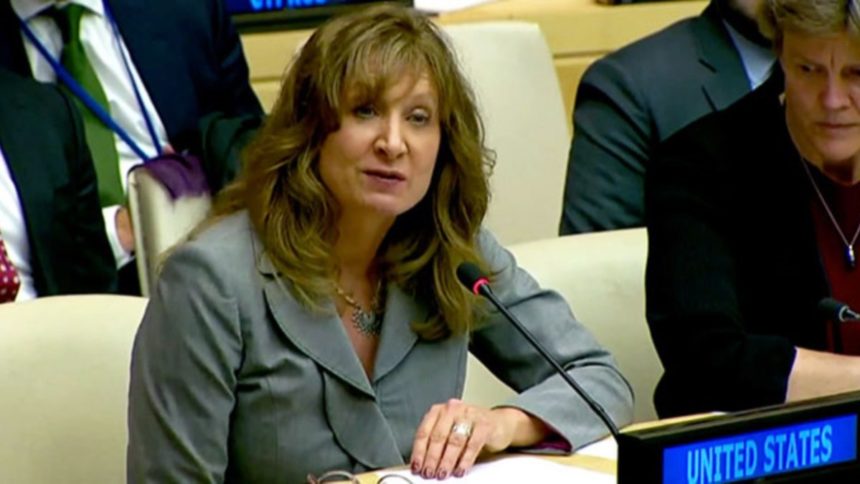RASC News Agency: Beth Van Sekak, the representative of the United States of America in the affairs of global criminal justice, has called the ban on the education of Afghanistani girls and women by the Taliban group as the “most unjust” action and said that they are closely monitoring the annoying behavior of this group.
She told the media: “When the issue of girls’ education is raised, it is actually an unfair action by the Taliban. It has deprived young girls from planning their future, public activities, activities in community development. That’s why we are trying to remove these restrictions.”
The representative of the United States of America in the affairs of global criminal justice has compared the current behavior of the Taliban group to Afghanistani girls and women with racial discrimination or “racial apartheid” in South Africa and added that the United States still does not have a clear position on gender discrimination or apartheid in Afghanistan.
However, she also said that they have a special representative for Afghanistan who is in “contact” with the Taliban group to solve the problems of Afghanistani girls and women.
The system of government and the law of apartheid or racial discrimination was created in South Africa in 1948, which brought about the difference in the treatment of whites and blacks. After which various groups, including the African National Congress, launched a war against gender apartheid, which finally they won with the release of Nelson Mandela, the leader of this Congress in 1990.
After regaining control of Afghanistan, the Taliban group closed the gates of girls’ secondary schools and high schools, and after that, they did not allow girls to study in universities.
Earlier, Richard Bennett, the UN special rapporteur for human rights in Afghanistan, asked the world to recognize “gender apartheid” in Afghanistan as a “global crime” and hold the Taliban accountable for imposing restrictions on women.






